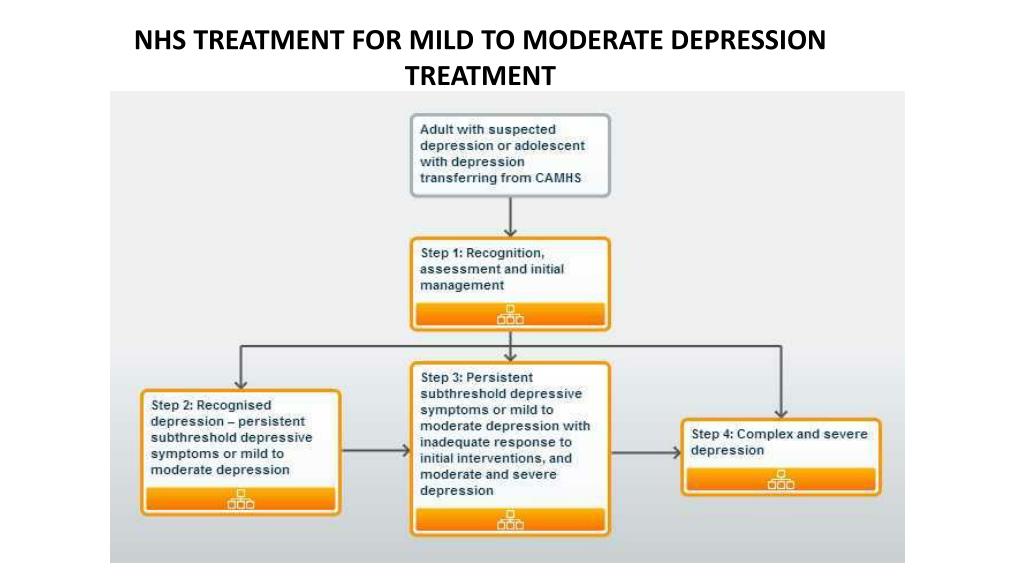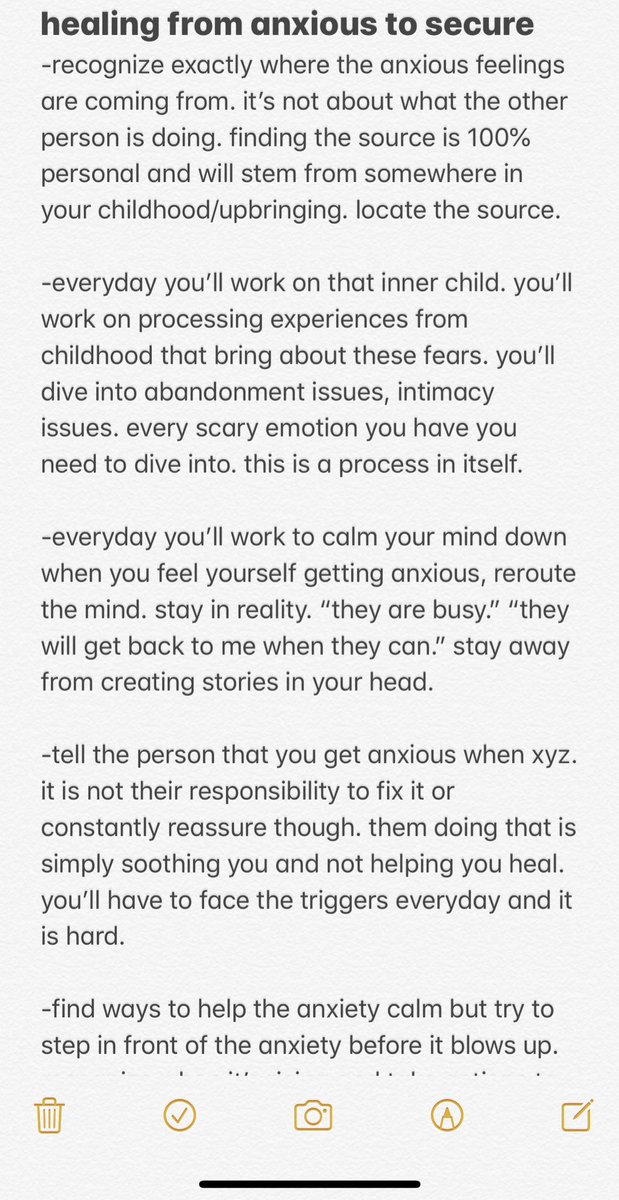Why woman stay in abusive relationships
Eight Reasons Women Stay in Abusive Relationships
When NFL linebacker Ray Rice knocked his fiancée Janay Palmer unconscious in an elevator in 2014, it didn't initially get much attention. He was accused of domestic violence and suspended for two games. After a few weeks, he was formally charged, but he and Palmer were married the next day.
However, when a security video of the event surfaced, it quickly went viral. Watching Janay Palmer get knocked down and roughly dragged out of the elevator by Rice had a powerful effect on viewers. The waves of outrage that followed caused the NFL to scramble to increase their punishment of Ray Rice and conduct an internal review of their domestic violence policies.1
Things took an interesting turn when Janay Palmer spoke out in defense of her husband. She apologized at a press conference saying: “I deeply regret the role I played that night,” and later asked people to stop their judgments and accusations. “Just know we will continue to grow & show the world what real love is,” she posted on Instagram, asking others to not take anything from the man she loves.
This provoked a new public response. Incredulous observers could not understand how Palmer could be standing by her man. The attacks now turned toward her, with commenters questioning her sanity, innocence, and motives. Why would someone stay with, let alone defend a man who had knocked her unconscious? What was wrong with Palmer that she would do this?
These accusations and questions prompted a pushback. Victims and women’s advocates spoke out in defense of Palmer and described the complicated dilemmas women in violent relationships face. Beverly Gooden, a human resources manager in North Carolina, started a hashtag on Twitter, #WhyIstayed, where she shared her reasons for remaining in a violent marriage. “I tried to leave the house once after an abusive episode, and he blocked me,” Gooden said, later adding: “I thought that love would conquer all.” Her hashtag became a rallying point, with hundreds of victims posting their stories of the factors that kept them in abusive relationships.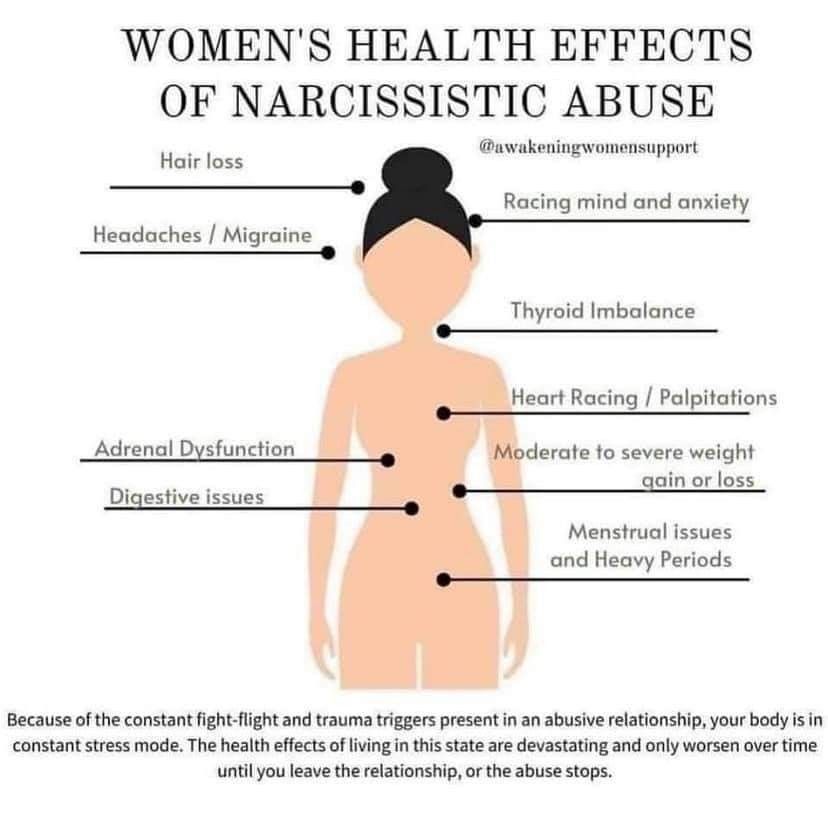
As domestic violence researchers, we were curious how these posts could help professionals and public observers better understand the unique challenges victims of domestic violence face. With colleague Jaclyn Cravens, and doctoral student Rola Aamar, I examined these voices to see what could be learned. We collected hundreds of posts from women all over the world and read, coded, and sorted them, publishing these findings in 2015.2 Through this analysis, we identified eight main reasons women stay in abusive relationships:
1. Distorted Thoughts. Being controlled and hurt is traumatizing, and this leads to confusion, doubts, and even self-blame. Perpetrators harass and accuse victims, which wears them down and causes despair and guilt.3 For example, women shared: “I believed I deserved it,” and, “I was ashamed, embarrassed, and blamed myself because I thought I triggered him.” Others minimized the abuse as a way to cope with it, saying: “[I stayed] because I didn’t think that emotional and financial abuse was really abuse.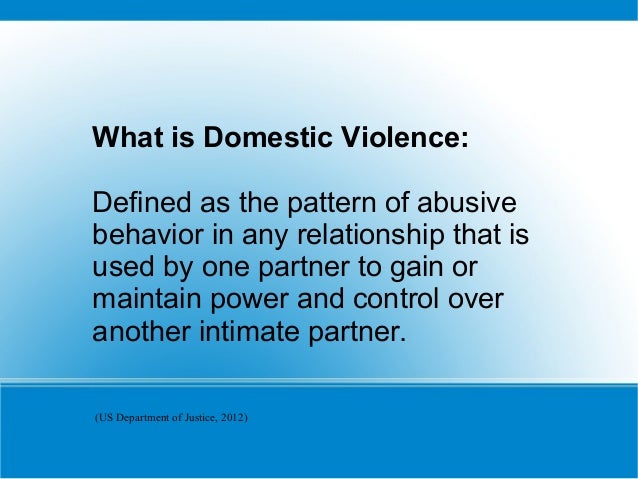 Because words don’t leave bruises,’’ and, “Because I didn’t know what my boyfriend did to me was rape.”
Because words don’t leave bruises,’’ and, “Because I didn’t know what my boyfriend did to me was rape.”
2. Damaged Self-Worth. Related was the damage to the self that is the result of degrading treatment. Many women felt beaten down and of no value, saying: “He made me believe I was worthless and alone,” and, “I felt I had done something wrong and I deserved it.”
3. Fear. The threat of bodily and emotional harm is powerful, and abusers use this to control and keep women trapped.4 Female victims of violence are much more likely than male victims to be terrorized and traumatized.5 One said: “I was afraid of him…I knew he’d make leaving an ugly drawn out nightmare.” Attempting to leave an abuser is dangerous. One woman felt trapped because of her husband’s “threats of hunting me down and harming all my loved ones including our kids while I watched and then killing me.”
4. Wanting to be a Savior. Many described a desire to help, or love their partners with the hopes that they could change them: “I believed I could love the abuse out of him.” Others described internal values or commitments to the marriage or partner, with tweets like: “I thought I would be the strong one who would never leave him and show him loyalty. I would fix him and teach him love.” Others had pity and put their partner’s needs above their own: “His father died, he became an alcoholic and said that God wouldn’t want me to leave him because he needed me to make him better.”
Many described a desire to help, or love their partners with the hopes that they could change them: “I believed I could love the abuse out of him.” Others described internal values or commitments to the marriage or partner, with tweets like: “I thought I would be the strong one who would never leave him and show him loyalty. I would fix him and teach him love.” Others had pity and put their partner’s needs above their own: “His father died, he became an alcoholic and said that God wouldn’t want me to leave him because he needed me to make him better.”
5. Children. These women also put their children first, sacrificing their own safety: “I was afraid if he wasn’t beating me he would beat his kids. And I valued their lives more than my own.” And, “I stayed for 20 years while I protected our children, all while I was being abused.” Others mentioned staying to benefit the children: “I wanted my son to have a father.”
6. Family Expectations and Experiences.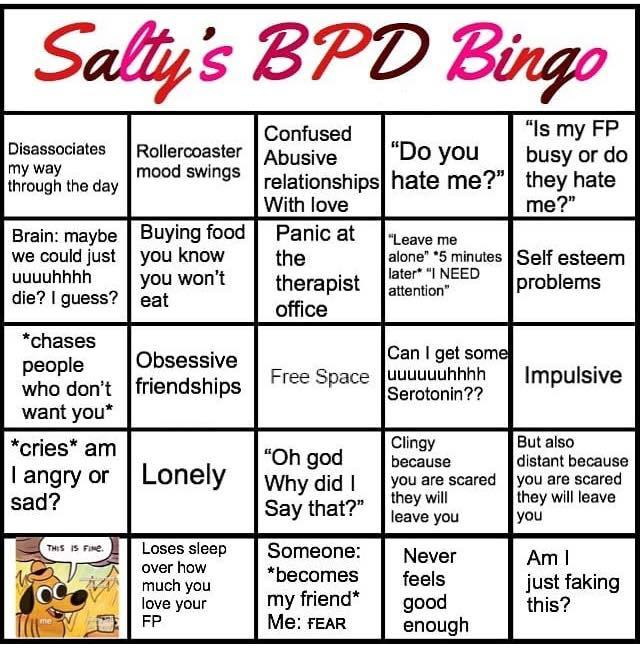 Many posted descriptions of how past experiences with violence distorted their sense of self or of healthy relationships: “I watched [my dad] beat my mom. Then I found someone just like dad,” or, “Because raised by animals, you partner with wolves.” Some mentioned family and religious pressures: “My mother told me God would disown me if I broke my marriage.”
Many posted descriptions of how past experiences with violence distorted their sense of self or of healthy relationships: “I watched [my dad] beat my mom. Then I found someone just like dad,” or, “Because raised by animals, you partner with wolves.” Some mentioned family and religious pressures: “My mother told me God would disown me if I broke my marriage.”
7. Financial Constraints. Many referred to financial limitations, and these were often connected to caring for children: “I had no family, two young children, no money, and guilt because he had brain damage from a car accident.” Others were unable to keep jobs because of the abuser’s control or their injuries, and others were used financially by their abuser: “[My] ex racked up thousands of debt in my name.”
8. Isolation. A common tactic of manipulative partners is to separate their victim from family and friends. Sometimes this is physical, as one woman experienced: “I was literally trapped in the backwoods of WV, and he would use my little boy to keep me close.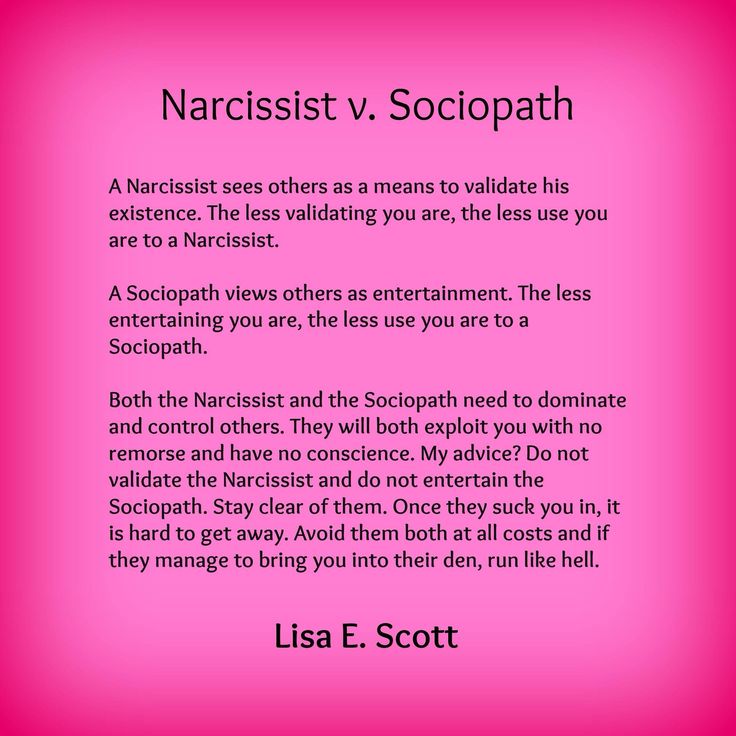 ” Other times isolation is emotional, as one woman was told: “You can either have friends and family or you can have me.”
” Other times isolation is emotional, as one woman was told: “You can either have friends and family or you can have me.”
Although these eight reasons for staying are common, they do not describe every victim and situation. Women can also be perpetrators, and there are many patterns of violence.6 Yet, these posts provide compelling insider’s views of the difficulties of making decisions in a violent relationship, and this is helpful for outsiders to understand. One reason many victims hesitate to speak up is because they are afraid of being judged and pressured by friends and professionals.7 If more people responded to victims’ stories of abuse with concern and compassion, instead of with criticism, more victims might speak up and find the support they need to live a life free of abuse.
Jason B. Whiting, Ph.D., LMFT is a Professor of Marriage and Family Therapy at Texas Tech University. He researches deception, communication, and abuse in relationships and is the author of the upcoming book Love me True: Overcoming the Surprising Ways We Deceive in Relationships (2016).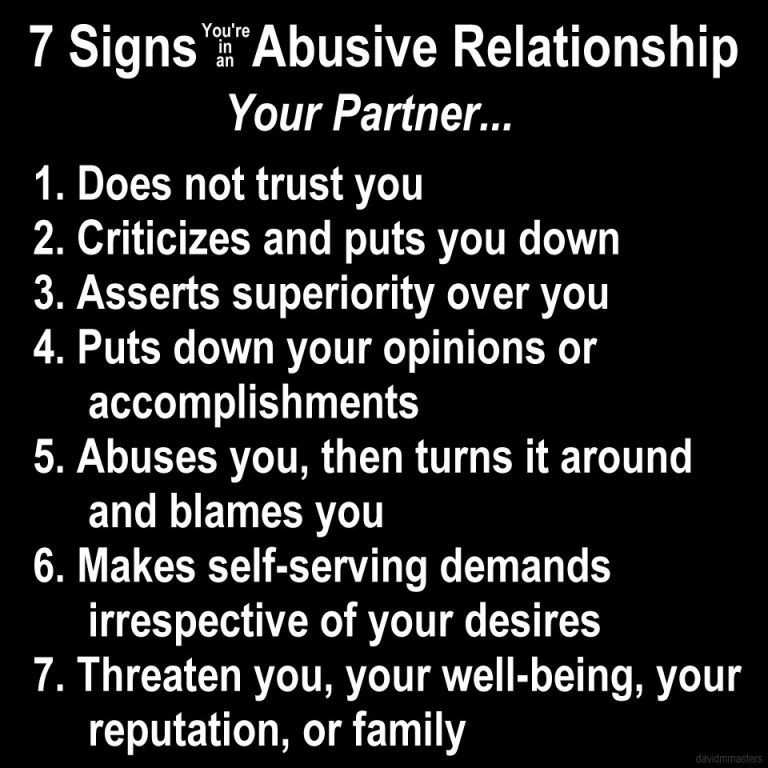 For more information visit drjasonwhiting.com and follow him on Twitter: @Jason_Whiting.
For more information visit drjasonwhiting.com and follow him on Twitter: @Jason_Whiting.
1. Kantor, J. (2016). Seeing abuse, and a pattern too familiar: Janay Palmer, Ray Rice’s wife, implied the assault was taken out of context. New York Times. Retrieved from: http://www.nytimes.com/2014/09/10/us/seeing-abuse-and-a-pattern-too-familiar.html?_r=0
2. Cravens, J. D., Whiting, J. B., & Aamar, R. (2015). Why I stayed/left: An analysis of voices of intimate partner violence on social media. Contemporary Family Therapy. DOI 10.1007/s10591-015-9360-8.
3. Whiting, J. B., Oka, M. & Fife, S. T. (2012). Appraisal distortions and intimate partner violence: Gender, power, and interaction. Journal of Marital and Family Therapy. doi: 10.1111/j.1752-0606.2011.00285.x
4. Barnett, O. W., Miller-Perrin, C. L., & Perrin, R. D. (2011). Family violence across the lifespan: an introduction (3rd ed. ). Thousand Oaks, CA: Sage.
). Thousand Oaks, CA: Sage.
5. Johnson, M. (2008). A typology of domestic violence: Intimate terrorism, violent resistance, and situational couple violence. Boston: Northeastern University Press.
6. Johnson, M. (2008). A typology of domestic violence: Intimate terrorism, violent resistance, and situational couple violence. Boston: Northeastern University Press.
7. Merchant, L. V., & Whiting, J. B. (in submission) Factors in couples’ desistance from domestic violence.
8 Reasons Women Stay in Abusive Relationships
Source: Kalhh/Pixabay
When NFL linebacker Ray Rice knocked his fiancée Janay Palmer unconscious in an elevator, it didn't initially get much attention. He was accused of domestic violence and suspended for two games. After a few weeks, he was formally charged, but he and Palmer were married the next day.
However, when a security video of the event surfaced, it quickly went viral. Watching Palmer be knocked out and roughly dragged out of the elevator by Rice had a powerful effect on viewers.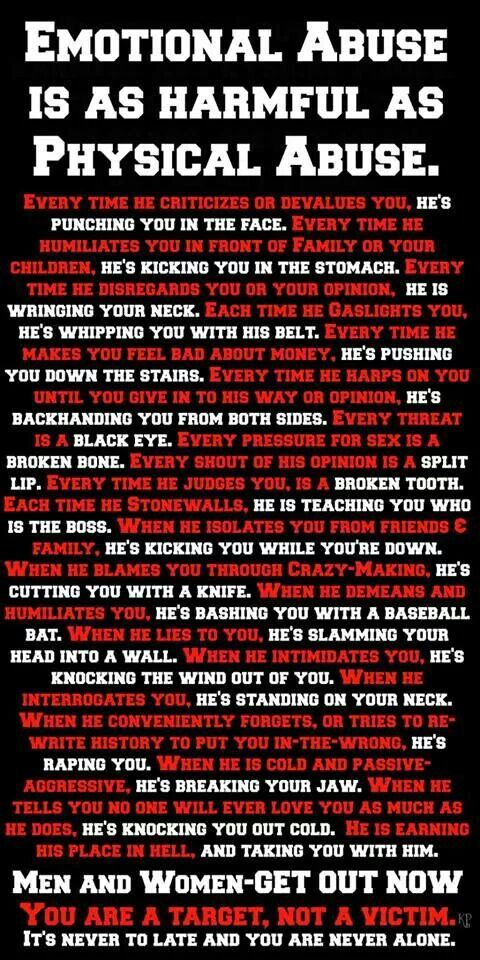 The waves of outrage that followed caused the NFL to scramble to increase their punishment of Ray Rice and conduct an internal review of their domestic violence policies.
The waves of outrage that followed caused the NFL to scramble to increase their punishment of Ray Rice and conduct an internal review of their domestic violence policies.
Things took an interesting turn when Janay Palmer spoke out in defense of her husband. She apologized at a press conference, saying: “I deeply regret the role I played that night,” and later asked people to stop their judgments and accusations. “Just know we will continue to grow and show the world what real love is,” she posted on Instagram, asking others to not take anything from the man she loves.
This provoked a new public response. Incredulous observers could not understand how Palmer could be standing by her man. The attacks now turned toward her, with commenters questioning her sanity, innocence, and motives. Why would someone stay with—let alone defend—a man who had knocked her unconscious? What was Palmer experiencing that she would defend him?
These accusations and questions prompted a pushback. Victims and women’s advocates spoke out in defense of Palmer and described the complicated dilemmas women in violent relationships face. Beverly Gooden, a human resources manager in North Carolina, started a hashtag on Twitter, #WhyIStayed, where she shared her reasons for remaining in a violent marriage. “I tried to leave the house once after an abusive episode, and he blocked me,” Gooden said, later adding: “I thought that love would conquer all.” Her hashtag became a rallying point, with hundreds of victims posting their stories of the factors that kept them in abusive relationships.
Victims and women’s advocates spoke out in defense of Palmer and described the complicated dilemmas women in violent relationships face. Beverly Gooden, a human resources manager in North Carolina, started a hashtag on Twitter, #WhyIStayed, where she shared her reasons for remaining in a violent marriage. “I tried to leave the house once after an abusive episode, and he blocked me,” Gooden said, later adding: “I thought that love would conquer all.” Her hashtag became a rallying point, with hundreds of victims posting their stories of the factors that kept them in abusive relationships.
As domestic violence researchers, we were curious about how these posts could help professionals and public observers better understand the unique challenges victims of domestic violence face. With colleagues Jaclyn Cravens and Rola Aamar, I examined these voices to see what could be learned. We collected hundreds of posts from women all over the world and read, coded, and sorted them. Through this analysis, we identified eight main reasons women stay in abusive relationships.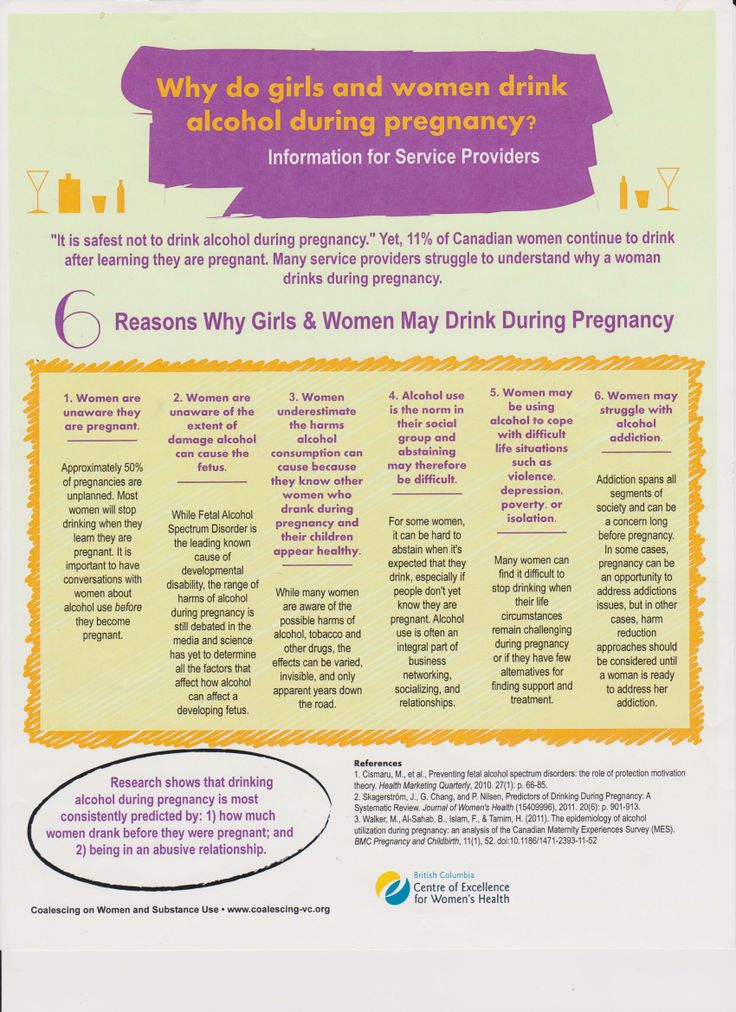
- Distorted Thoughts. Being controlled and hurt is traumatizing and this leads to confusion, doubts, and self-blame. Perpetrators harass and accuse victims, which wears them down and causes despair and guilt. For example, women shared: “I believed I deserved it,” and, “I was ashamed, embarrassed, and blamed myself because I thought I triggered him.” Others minimized the abuse as a way to cope with it, saying: “[I stayed] because I didn’t think that emotional and financial abuse was really abuse. Because words don’t leave bruises,’’ and, “Because I didn’t know what my boyfriend did to me was rape.”
- Damaged Self-Worth. Some of the unfortunate distortions are the damage to the self that results from degrading treatment. Many women felt beaten down and of no value, saying: “He made me believe I was worthless and alone,” and, “I felt I had done something wrong and I deserved it.”
- Fear. The threat of bodily and emotional harm is powerful, and abusers use this to control and keep women trapped; female victims of violence are much more likely than male victims to be terrorized and traumatized.
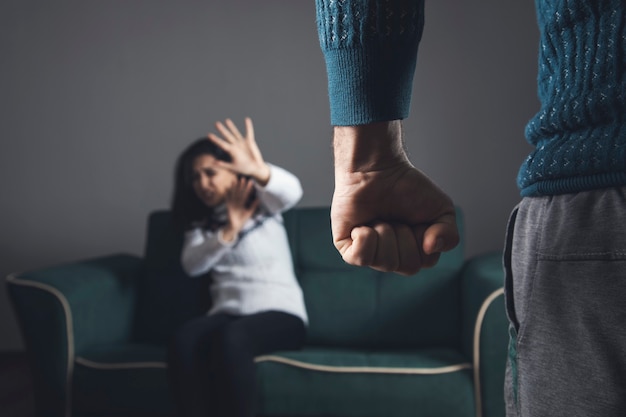 One said: “I was afraid of him… I knew he’d make leaving an ugly drawn-out nightmare.” Attempting to leave an abuser is dangerous. One woman felt trapped because of her husband’s “threats of hunting me down and harming all my loved ones including our kids while I watched and then killing me.”
One said: “I was afraid of him… I knew he’d make leaving an ugly drawn-out nightmare.” Attempting to leave an abuser is dangerous. One woman felt trapped because of her husband’s “threats of hunting me down and harming all my loved ones including our kids while I watched and then killing me.” - Wanting to be a Savior. Many described a desire to help, or love their partners with the hopes that they could change them: “I believed I could love the abuse out of him.” Others described internal values or commitments to the marriage or partner, with tweets like: “I thought I would be the strong one who would never leave him and show him loyalty. I would fix him and teach him love.” Others had pity and put their partner’s needs above their own: “His father died, he became an alcoholic, and [he] said that God wouldn’t want me to leave him because he needed me to make him better.”
- Children. These women also put their children first, sacrificing their own safety: “I was afraid if he wasn’t beating me he would beat his kids.
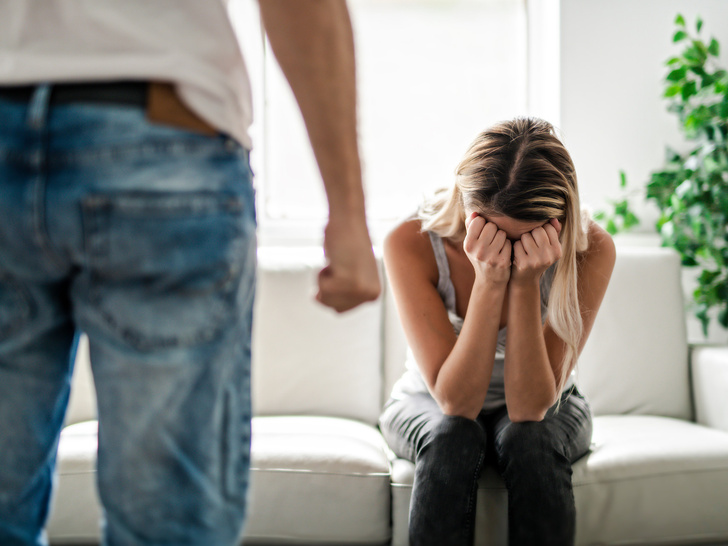 And I valued their lives more than my own.” And, “I stayed for 20 years while I protected our children all while I was being abused.” Others mentioned staying to benefit the children: “I wanted my son to have a father.”
And I valued their lives more than my own.” And, “I stayed for 20 years while I protected our children all while I was being abused.” Others mentioned staying to benefit the children: “I wanted my son to have a father.” - Family Expectations and Experiences. Many posted descriptions of how past experiences with violence distorted their sense of self or of healthy relationships: “I watched [my dad] beat my mom. Then I found someone just like dad,” or, “Because raised by animals, you partner with wolves.” Some mentioned family and religious pressures: “My mother told me God would disown me if I broke my marriage.”
- Financial Constraints. Many referred to financial limitations, and these were often connected to caring for children: “I had no family, two young children, no money, and guilt because he had brain damage from a car accident.” Others were unable to keep jobs because of the abuser’s control or their injuries, and others were used financially by their abuser: “[My] ex racked up thousands of debt in my name.
 ”
” - Isolation. A common tactic of manipulative partners is to separate their victim from family and friends. Sometimes this is physical, as one woman experienced: “I was literally trapped in the backwoods of WV.” Other times, isolation is emotional, as one woman was told: “You can either have friends and family or you can have me.”
Although these eight reasons for staying are common, they do not describe every victim and situation. Women can also be perpetrators, any gender can be a victim, and there are many patterns of violence.
Yet, these posts provide compelling insider’s views of the difficulties of making decisions in a violent relationship, and this is helpful for outsiders to understand. One reason many victims hesitate to speak up is that they are afraid of being judged and pressured by friends and professionals. If more people responded to victims’ stories of abuse with concern and compassion instead of criticism, more victims might speak up and find the support they need to live a life free of abuse.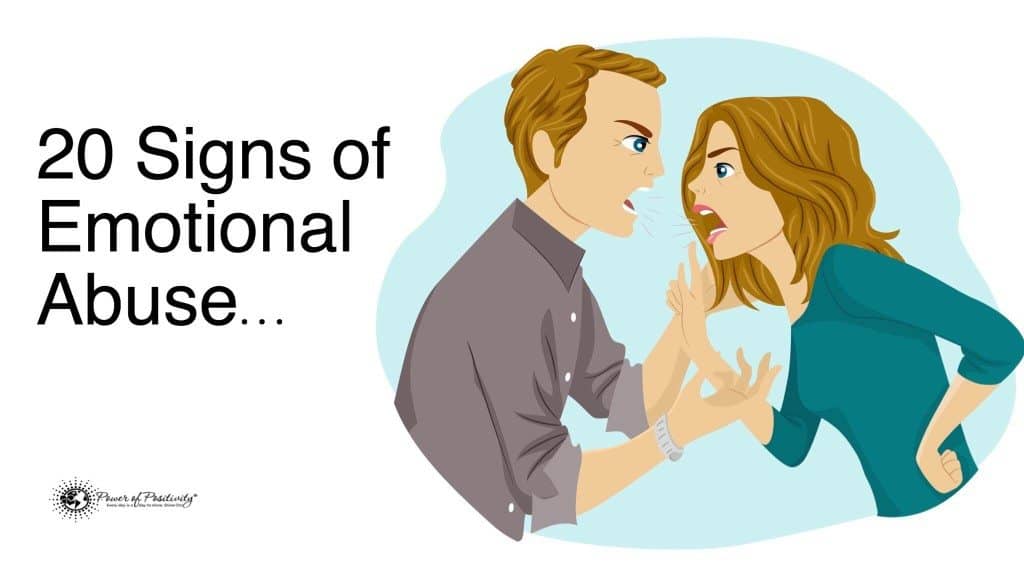
Originally posted on the Institute for Family Studies
Why do women stay in abusive relationships? 15 Reasons Why / My Life
Should you ever stay with a partner who abuses you? If you're wondering why women stay in abusive relationships, here are some shocking reasons why.
Why do women stay in abusive relationships? Regardless of the cause, violence comes in many forms - physical, sexual, emotional, psychological. It also affects all genders. But, according to statistics, women mostly suffer from it the most. nine0005
About a third of women in the US alone experience domestic violence in their lifetime. On a typical day, domestic violence hotlines receive over 20,000 phone calls.
So many people are exposed to this because it is easy to fall prey to abusive behavior. Stuck in this cycle, it's hard to leave. The abuser systematically destroys your spirit, self-confidence, self-esteem, and opinion of yourself over an extended period of time to the point where you distrust your own thoughts, feelings, and beliefs. nine0005
nine0005
After a while, they replace these personality traits with despair, heartbreak, disappointment, self-hatred and doubt. Make it easy for you to be manipulated and feel like you have to stay with them because no one needs you.
Leaving an abusive relationship is harder than you think
I was in an emotionally abusive relationship a few years ago. I stayed much longer than I should have. Although he never physically abused me, emotional abuse can be just as soul-destroying and hard to vomit because the bruises and scars are not visible. nine0005
He had all the classic abuser behavior: control, mood swings, brutal manipulation, intimidation techniques and intimidation techniques. Over the years, he has captured my self-esteem, gassed me up, and often told me that I could never leave him because no one would love someone like me. And I really believed him.
I eventually realized how toxic and destructive the relationship was, and so I left *after many failed breakups and attempts to cut all ties*. When I was in a relationship, his behavior became so normalized that for years I thought all the problems were entirely my own fault. It took me over a year to even realize that I had experienced abuse. It's a difficult mentality to break out of. nine0005
When I was in a relationship, his behavior became so normalized that for years I thought all the problems were entirely my own fault. It took me over a year to even realize that I had experienced abuse. It's a difficult mentality to break out of. nine0005
How did you spot the abuser?
When you start dating someone, it's important to notice the red flags as quickly as possible. Beware of obsessive or controlling behavior. Always, always trust your inner instincts. The abuser tries to control every aspect of your life - how you dress, where you work, who you hang out with, and where you go.
Their goal, whether subconscious or not, is to destroy what makes you who you are and replace it with what they find attractive and easy to manipulate. There is no specific offender archetype. Just because someone is caring or gentle in conversation with a successful career and lots of friends doesn't mean they aren't a potentially abusive partner..
Many women are not believed when they try to find a partner who hurts them, because there is still a misconception that a good friend makes you a good person. In reality, someone can be well loved and respected among their friends, but violent, paranoid, or wildly aggressive behind closed doors.
In reality, someone can be well loved and respected among their friends, but violent, paranoid, or wildly aggressive behind closed doors.
It's also important to note that it doesn't have to be serious or physical for it to be considered abuse. Abuse comes in a number of different packages. They don't need to touch you with their finger for a scar or injury. Pay attention to any insight, humiliation, excessive infidelity, shifting guilt, hypercriticism, unwarranted jealousy, extreme mood swings, and obsessive behavior. nine0005
If you find that the person you are dating is actually abusive, don't try to reason with him or give him a second chance. Just leave and move on. You can't change them because their behavior is so deeply rooted that They don't even realize it.
Why do women stay in abusive relationships? 15 reasons why
Unfortunately, there is still a huge stigma associated with violence. Too often, victim blaming continues. This is a difficult question to answer and often many people ask, "Why do women stay in abusive relationships?" nine0005
Of course, if they have the option to leave and are obviously with an abusive partner, why shouldn't they just leave? What would be an excuse to stay where you are, knowing how badly you are being treated? In fact, the solution is not as simple as it seems.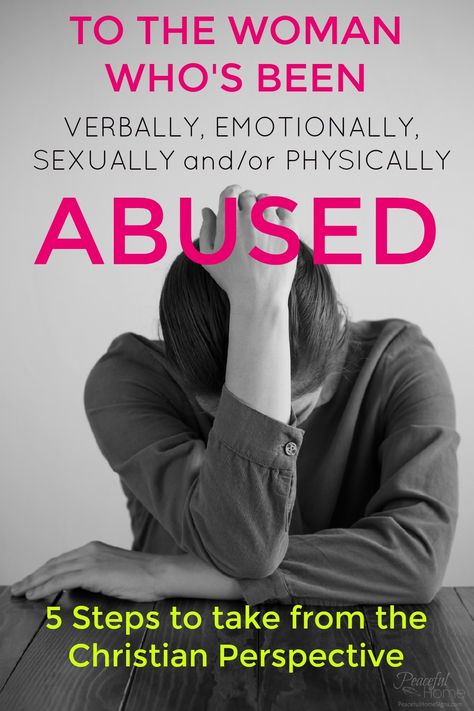
# 1 They feel trapped. So why do women stay in abusive relationships? Well, a lot of women feel like they can't leave or they have to stay. Sometimes for reasons such as their partner emotionally blackmailing them, saying that they will commit suicide if they leave, or that no one else will love them. nine0005
This psychological torment convinces them that it is better to stay and deal with their circumstances than to risk and go.
# 2 They still want to believe that they are loved. They may still be sincerely convinced that their abuser loves them. Or their partner just has another way to show love. The abuser switches between taking them into false allegiance and affection and horrendous insults. It's gotten to the point where the offended think it's the love they deserve. nine0005
# 3 They fear for their lives. Abuse is no joke. This often results in women being afraid to leave if their partner becomes abusive. Every day, about three women kill their current or former male partner. Leaving without consequences is difficult for women who have been abused.
Every day, about three women kill their current or former male partner. Leaving without consequences is difficult for women who have been abused.
# 4 They don't want a failed marriage. There are many women who simply cannot go because they share children or are married to an abuser. In this situation, they hate the idea of going through the painful, expensive divorce process. They also don't want to part with their children, or worse, leave them behind. nine0005
# 5 Maybe this time it will change. After much mental manipulation and many failed attempts to leave, some women often hope that this time will be different.
They cling desperately to the hope that the person they love will come to his senses, that they believe his lie when he claims he can change.
# 6 They blame themselves. Most offended people undergo a long-term destruction of their self-esteem. They constantly hear that they are to blame for the problems that arise in a relationship. .
.
They often hear: "I'm only doing this because of what you said / did / wore / wrote." After a while, they are so brainwashed that they simply assume they are wrong. Some attackers manipulate their partner in and out of code. Many abused women who do not have solid full-time jobs rely solely on their partner to be the breadwinner in the home. Sometimes the abuser controls what money their partner turns to, making it difficult to leave. nine0005
# 8 They feel pressure from others. The pressure to stay in a toxic relationship does not always come from the abuser. Sometimes it comes from friends and family.
Sometimes it is easier for people to reject usually abusive behavior when they are not in a relationship. They say things like, "He's probably not that bad," "He's never been terrible to me," or "I'm sure he didn't mean it."
# 9 Fearing that they will not be believed. Many cases of abuse go unreported and go unpunished because often when women speak up they are not believed. If you don't document evidence every day, there is no other evidence other than bruises or scars. nine0005
If you don't document evidence every day, there is no other evidence other than bruises or scars. nine0005
And if you are emotionally abused, there is rarely any physical evidence to use. Unfortunately, this becomes your word against the offender.
#10 They still love their . When you haven't been in an abusive relationship, it seems crazy to love your abuser, but it's incredibly common. It's almost like Stockholm Syndrome when you feel like you still see something in them that redeems all the things they put you through. nine0005
I was finally strong enough to leave an abusive relationship when I realized that love alone was not enough to keep us together..
# 11 They had already tried and failed. There are too many cases to count the number of women who left their abuser, only to be tracked down and beaten, intimidated or persuaded to return. Leaving often has consequences, especially in abusive relationships, which is why many women don't try.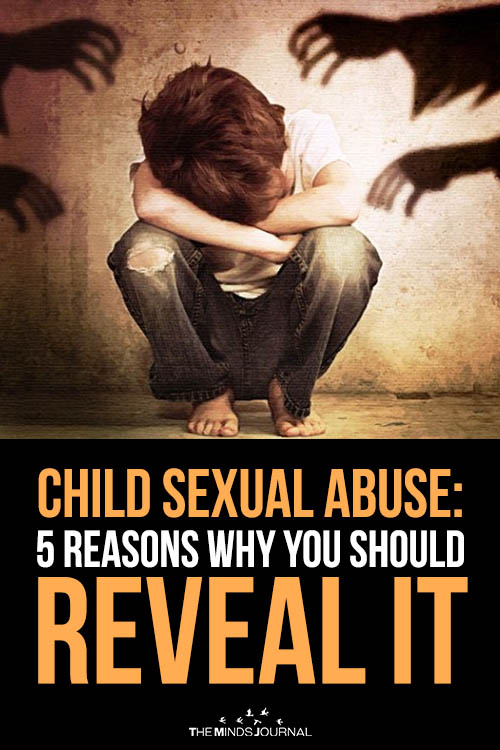 nine0005
nine0005
# 12 They don't realize they are being abused. Sometimes, especially with psychological or emotional abuse, it is difficult to understand what abuse looks and feels like. It's easy to be led to believe that their behavior is normal, or that you are the catalyst for their mood swings. It took me years to recognize the signs and accept that it was abuse and not just a bad relationship.
# 13 They give too many second chances. When you are treated like a doormat, forgiveness comes easily to you. They feel they have to justify their partner's actions and explain their behavior. nine0005
They are used to hearing their partner apologize and promise that things will get better. They let them go because they love them and hope they change.
# 14 They have nowhere to go . In some situations, avoiding a horrific or violent environment is incredibly difficult when you share a home or mortgage with an abuser. To leave completely, some start anonymously and move to a completely new location. Breaking out of your hometown, renting a new apartment, and moving away from all your friends and work is too hard, so they stay. nine0005
To leave completely, some start anonymously and move to a completely new location. Breaking out of your hometown, renting a new apartment, and moving away from all your friends and work is too hard, so they stay. nine0005
# 15 They deceive themselves . When their self-esteem and confidence are repeatedly eroded, they tend to turn to one person who shows them "love." They soon think that this is all they deserve. if they try to be a good partner..
Understanding why women stay in abusive relationships doesn't have a simple black and white answer. Abuse is such a complex, multi-dimensional issue that it's not easy to assume that if someone is being abused, they should just leave. Instead, learn to support them and educate yourself so this doesn't happen to you. nine0014
why it's okay to refuse a partner
What is considered domestic sexual violence and which women are most at risk of this? Why it is worth forgetting about “a wife means she must” and how to protect yourself from unwanted sexual assault, says psychologist, family relations consultant Oksana Myasnikova .
– There is an opinion in the post-Soviet space that there can be no sexual violence in marriage. Is it so? nine0014
– Indeed, when the word “rape” comes to mind, first of all, violence from a stranger or unfamiliar person, but certainly not from someone with whom the woman is in a relationship. The notion that sexual violence does not occur in marriage is based on the social stereotype that husband and wife are each other's "legal", "legal" sexual partners, who are supposedly obliged to fulfill "marital duty". The truth is that in a healthy relationship, partners can show each other not only sexual desire, but also unwillingness, and have every right to expect that any of the options will be accepted. nine0005
What is violence? This is coercion by one person of another to commit some actions (often with the use of physical force) or a violation of the personal boundaries of a person, the commission of some kind of offensive, humiliating actions against him. You can force anyone to do anything, including sexual intercourse. If sexual intercourse takes place under compulsion and without the desire of a woman, naturally, this can be considered violence. Sexual violence in marriage is possible in exactly the same way as other types of violence are possible: physical (beating, use of physical force), emotional (humiliation of your partner or partner, destruction of her / his self-esteem), material (deprivation of money and the ability to dispose of them). And, as a rule, if there is one type of violence in the family, then others go along with it. If, for example, a husband does not respect his wife's personal integrity, allows himself to raise a hand against her, why would he suddenly respect her sexual boundaries? After all, in our sexual relationships we use all the same scenarios as in relationships in general. nine0005
You can force anyone to do anything, including sexual intercourse. If sexual intercourse takes place under compulsion and without the desire of a woman, naturally, this can be considered violence. Sexual violence in marriage is possible in exactly the same way as other types of violence are possible: physical (beating, use of physical force), emotional (humiliation of your partner or partner, destruction of her / his self-esteem), material (deprivation of money and the ability to dispose of them). And, as a rule, if there is one type of violence in the family, then others go along with it. If, for example, a husband does not respect his wife's personal integrity, allows himself to raise a hand against her, why would he suddenly respect her sexual boundaries? After all, in our sexual relationships we use all the same scenarios as in relationships in general. nine0005
– It turns out that any sexual intercourse that one of the spouses did not want is violence?
- It looks like we need to define terms to understand what we consider to be violence in marriage and cohabitation and what not. To begin with, in a long-term relationship it rarely happens that both partners are constantly at the peak of sexual desire. The husband only had time to want, and just then the wife is exhausted from lust. Such fantasies are rather an illusion. And when partners live together for a long time, run a joint household, raise children, work, sexual life often fades into the background. Difficulties in relationships, cramped living conditions, crisis situations, diseases, hormonal changes also do not contribute to maintaining attraction at the level of the candy-bouquet period. Therefore, the situation when one of the partners wanted sex, and the other did not, is not uncommon for a long-term relationship. nine0005
To begin with, in a long-term relationship it rarely happens that both partners are constantly at the peak of sexual desire. The husband only had time to want, and just then the wife is exhausted from lust. Such fantasies are rather an illusion. And when partners live together for a long time, run a joint household, raise children, work, sexual life often fades into the background. Difficulties in relationships, cramped living conditions, crisis situations, diseases, hormonal changes also do not contribute to maintaining attraction at the level of the candy-bouquet period. Therefore, the situation when one of the partners wanted sex, and the other did not, is not uncommon for a long-term relationship. nine0005
The question is not that partners want sex at the same time and equally, but how each couple deals with the desire of one partner and the unwillingness of the other. A healthy option is when a couple can discuss a situation where partners respect each other's boundaries. They can, for example, postpone sexual intimacy if one of them is completely unprepared for it now.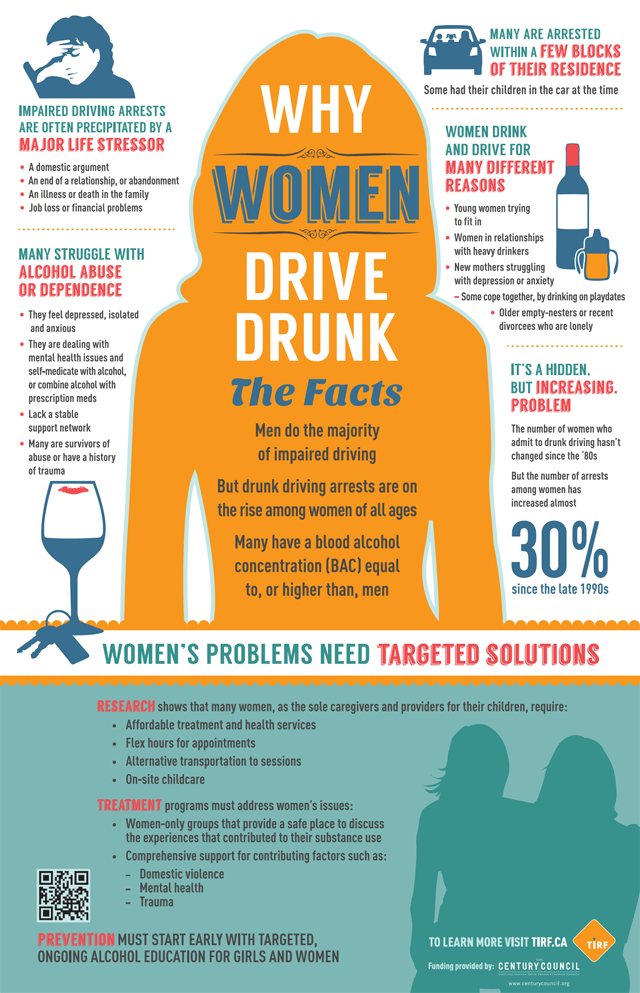 Or vice versa, the “unwilling” partner agrees to start the interaction, counting on the fact that the excitement will come in the process. And it really comes if the spouses have a close trusting relationship, and each knows what to do to help the other turn on. That is, a situation, for example, when a woman initially had no desire, but she agreed to have sex and was satisfied - this is not violence, but her choice. nine0005
Or vice versa, the “unwilling” partner agrees to start the interaction, counting on the fact that the excitement will come in the process. And it really comes if the spouses have a close trusting relationship, and each knows what to do to help the other turn on. That is, a situation, for example, when a woman initially had no desire, but she agreed to have sex and was satisfied - this is not violence, but her choice. nine0005
I would talk about marital violence when the spouse continues to induce the woman to intimacy or has sexual intercourse, despite her clear and repeated “No!” or even despite physical resistance. And it doesn't really matter what the "No!" is about: a woman may not want to have sex now, in this particular place, in this particular way, and so on. For example, a partner likes to have sex in extreme conditions and forces the partner to do it. The same goes for violent sex: when only one of the partners is interested in playing power and using power in bed, this is violence, if both are interested in such sex, we are not talking about violence.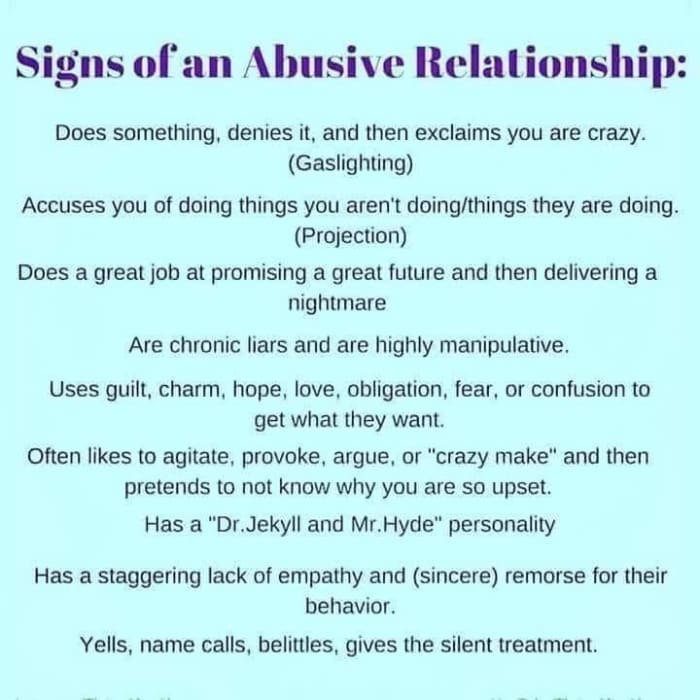 nine0005
nine0005
We can also talk about violence if the intimacy is accompanied by humiliation, insults, infliction of pain, the commission of some actions that the partner or partner does not agree to.
– Do I understand correctly that if a woman does not express her unwillingness, then we cannot talk about violence?
- In the event that physical force and threats are not used against a woman at the moment or earlier, of course, not. If a man begins to initiate intimacy, and a woman responds to his actions, how can he guess that she does not want to? Most men are adequate people who do not force anyone, and want to interact with a woman solely by mutual desire. Sometimes a man may not suspect that a woman does not want to have sex right now. This happens because she simply does not talk about her unwillingness, but is guided by personal attitudes that “this is her husband, God forbid, he will go to the side”, she is afraid of losing her partner, his good attitude towards herself.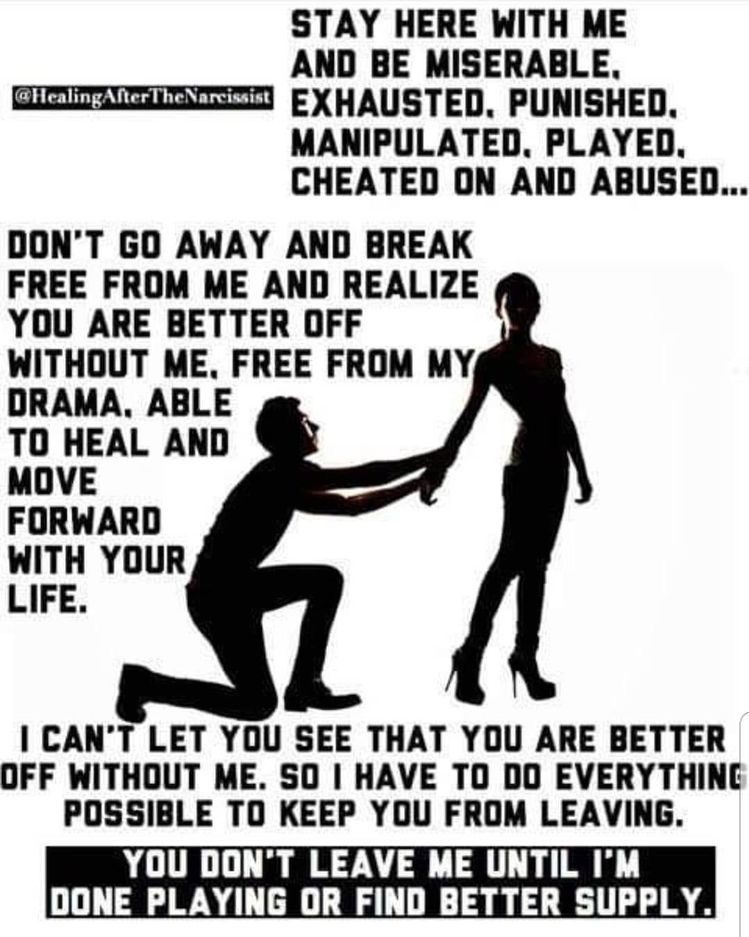 Or they just don't know how to say no. And when a man finds out after the fact that his wife is having sex with him “through I don’t want to,” this is not the most pleasant discovery for him. nine0005
Or they just don't know how to say no. And when a man finds out after the fact that his wife is having sex with him “through I don’t want to,” this is not the most pleasant discovery for him. nine0005
It's another matter if previously this woman's partner forced her to intimacy by force, now she can agree out of fear, remembering what disagreement cost her last time.
– Are only women affected by marital sexual abuse?
– In its classical sense, yes (due to its own and its physiological characteristics). But if a man refuses intimacy, for example, because of fatigue, feeling unwell, some difficult moments in a relationship, and a woman begins to ridicule, shame, insult, call him names for this, then she definitely practices emotional abuse in relation to man, and this violence is directed precisely at his sexual sphere. nine0005
– Is it possible to recognize a perpetrator “early”? For example, on the first date.
- It is not always possible to recognize an abuser on a first date.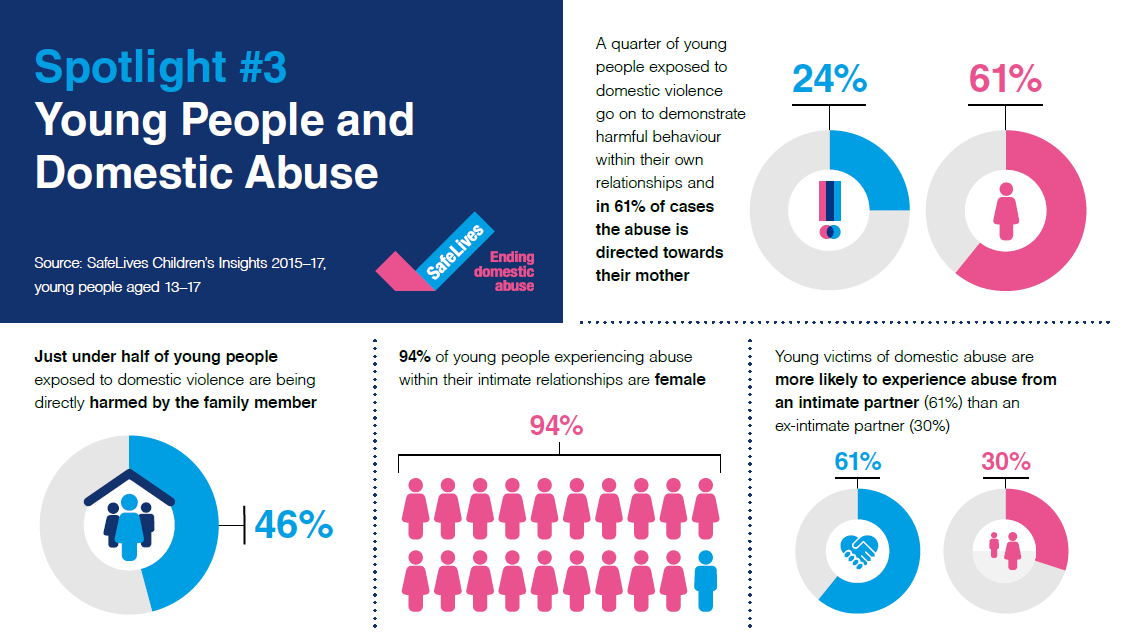 However, there are things that should alert. A violent person may immediately make attempts to humiliate a woman, even at the first meeting, ostensibly as a joke. Another sign is devaluing statements towards all women or in relation to those with whom he used to live or meet. For example, “all women are fools” or “what do you even understand in life”. Behind such phrases one can recognize aggression towards a woman in principle. Don't fool yourself by expecting things to be completely different with you. Again, it is worth paying attention to how much a man "rushes things", whether he insists on sex when you are not ready yet, how he does it. Perhaps this is just an indicator that it is common for him to ignore the disagreement of a woman. nine0005
However, there are things that should alert. A violent person may immediately make attempts to humiliate a woman, even at the first meeting, ostensibly as a joke. Another sign is devaluing statements towards all women or in relation to those with whom he used to live or meet. For example, “all women are fools” or “what do you even understand in life”. Behind such phrases one can recognize aggression towards a woman in principle. Don't fool yourself by expecting things to be completely different with you. Again, it is worth paying attention to how much a man "rushes things", whether he insists on sex when you are not ready yet, how he does it. Perhaps this is just an indicator that it is common for him to ignore the disagreement of a woman. nine0005
In my opinion, in any relationship, even at the stage of acquaintance, it is important to honestly answer the question "Am I feeling good with this person, or are there any actions on his part that make me feel bad?". If a woman is honest with herself and sensitive to her feelings, she will not get into a relationship with a rapist, or at least not immediately.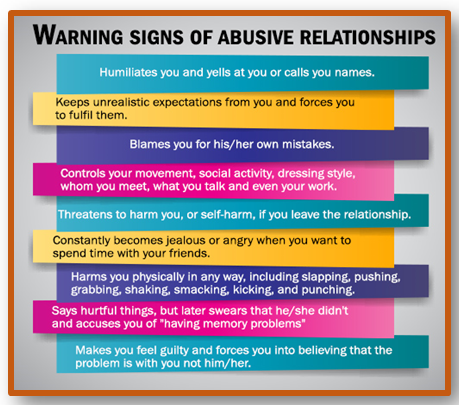 The fact is that violence does not start out of the blue: one way or another, a woman endures discomfort next to a man for some time. The more a woman steps on the throat of her own song (either she misses an offensive joke, or she reproaches herself for a partner’s not entirely worthy act) and ignores her own feelings for the sake of maintaining a relationship, the higher the likelihood that she will at some point fall into a situation of violence. Not always, but very often. nine0005
The fact is that violence does not start out of the blue: one way or another, a woman endures discomfort next to a man for some time. The more a woman steps on the throat of her own song (either she misses an offensive joke, or she reproaches herself for a partner’s not entirely worthy act) and ignores her own feelings for the sake of maintaining a relationship, the higher the likelihood that she will at some point fall into a situation of violence. Not always, but very often. nine0005
In general, aggressors and victims pair up for a reason. Most likely, each of them has their own experience of being in a situation of violence (for example, in childhood), and now they unconsciously live according to one of the scenarios they have seen. Thus, women with a masochistic nature, low self-esteem, who are accustomed to perceiving any form of violence as the norm, more often fall into a situation of domestic violence. Such women tend to put men on a pedestal from an unconscious position of "He's okay, I'm not okay.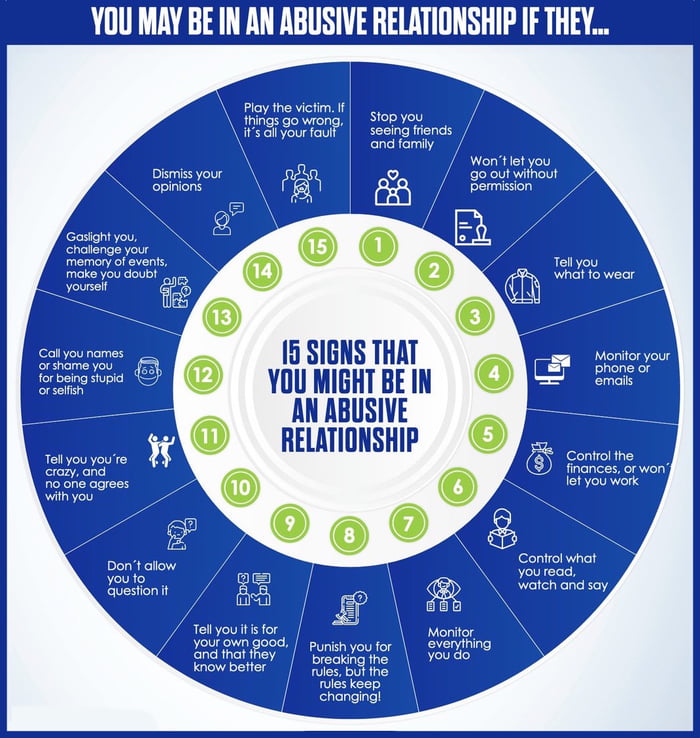 " This attitude towards life and oneself contributes to the emergence of violence. nine0005
" This attitude towards life and oneself contributes to the emergence of violence. nine0005
A woman must understand that if she feels that she doesn't want sex at the moment (doesn't want it at all or doesn't want it with this particular man), that's normal, she has the right to refuse. There are, of course, situations when appetite comes with eating, as I have already said. But in a positive way, we can talk about this only if the relationship is successful, and the woman has a positive attitude towards her partner. If the relationship has been spoiled for a long time, resentment has accumulated, and the woman understands that the refusal will provoke any negative consequences, then this is sexual violence. nine0005
– Is it possible to state unequivocally that only women with a masochistic nature fall into a situation of domestic sexual violence?
- If we talk about the shock trauma of violence (for example, an attack on the street), then absolutely any woman can be subjected to such violence, the character and level of self-esteem, of course, do not affect this in any way.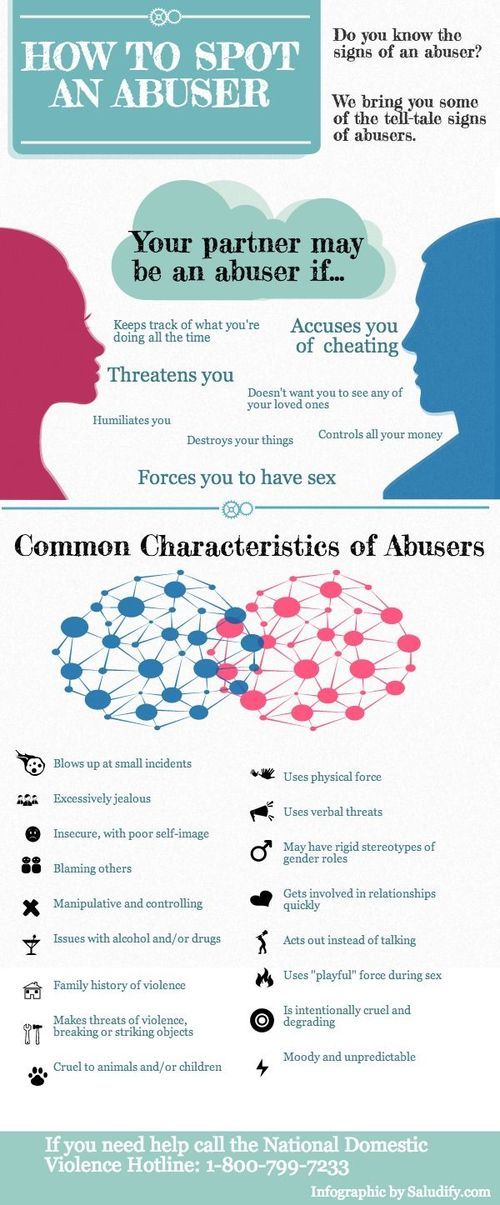 Another example that comes to mind is cases where women find themselves in a situation of violence when leaving to work abroad. Then their documents are taken away from them, they are kept locked up, they do not know the language of the country in which they are, and so on. Here, too, the type of character has nothing to do with it, because the woman is actually being held captive. nine0005
Another example that comes to mind is cases where women find themselves in a situation of violence when leaving to work abroad. Then their documents are taken away from them, they are kept locked up, they do not know the language of the country in which they are, and so on. Here, too, the type of character has nothing to do with it, because the woman is actually being held captive. nine0005
However, if we talk about the fact that a woman herself remains in a situation of violence (sexual, physical) for a long time, then this can speak just about the peculiarities of her character and her life scenario. Such women do not trust themselves and their feelings, they may consider that they themselves are to blame for provoking a man, what they thought, etc. For such women, the value of relationships and the value of a partner is much higher than the value of their own life and its quality. Such women do not feel valuable enough even for themselves, therefore they can be guided by such attitudes as “I must, I’m a wife”, “it’s necessary, otherwise it will go to the left”, “who needs me alone with children” and so on.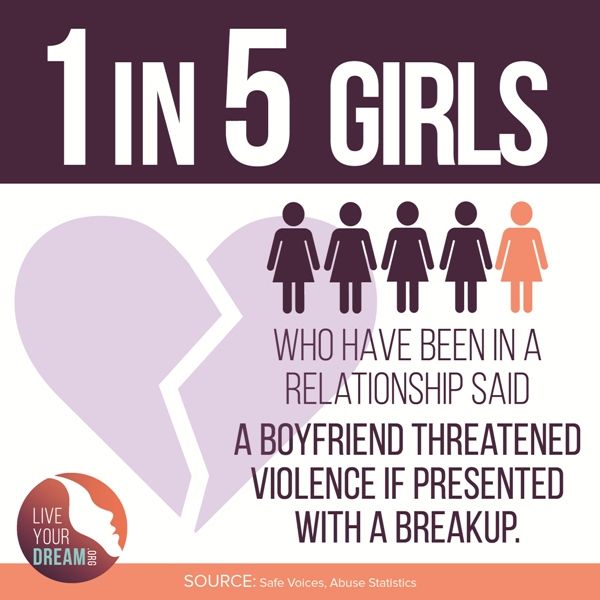 Although, of course, any self-esteem falls when confronted with violence, even quite high. nine0005
Although, of course, any self-esteem falls when confronted with violence, even quite high. nine0005
The masochistic nature is not about when a woman likes being bullied in bed. This is a medical term, it is much broader. The psychologist Irina Mlodik has a very good book “The Girl on the Ball. When Suffering Becomes a Way of Life”, it just describes various manifestations of a masochistic nature, such as we observe them in life. In such cases, serious therapeutic work is usually required, not even to eradicate attitudes, but to return the woman to a sense of her value, to restore her self-esteem, self-respect, the right to say “no”. When it all comes back, these settings will disappear by themselves. When she learns to hear herself, her “want / don’t want”, then she will have the strength to get out of this situation. And so we can challenge one setting with her, for example, about “should, because the wife”, but the rest will remain, and the situation of violence (perhaps in a different form) too.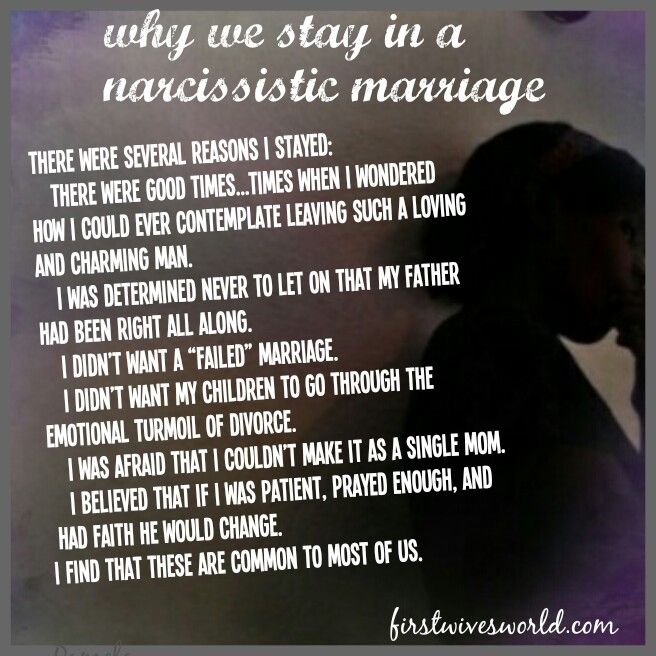 nine0005
nine0005
– What factors influence the formation of a masochistic character?
- First of all - education, during which we get most of the injuries. For example, when a girl lives in a situation of violence: either violence is committed against her (emotional, physical, sexual), or she observes it. Dad beats mom, but mom doesn’t go anywhere, referring to the fact that “everyone lives like that” or “in general, he is a good person, we will be lost without him.” The girl writes down such a scenario as the norm. nine0005
Difficulties in the future arise for a woman if her parents told her all her childhood that she is nothing of herself, that she has no right to express her opinion (for example, “you are nobody, and call you nobody”, “shut your mouth and sit”, "too small to speak her mind" If any anger, any protest of the girl is suppressed, she is punished, beaten, the results will be the same. Perhaps no one was interested in the girl and her desires, she could grow up without one of her parents or without both, for example, in a boarding school or in care. And she did not have the feeling that she is valuable as a person, that her feelings and desires matter to someone. nine0005
And she did not have the feeling that she is valuable as a person, that her feelings and desires matter to someone. nine0005
Men can also develop this type of character, but much less frequently.
Plus, in the post-Soviet space, where people survived the war, repression and other cataclysms, the value of "a man in the house" is extremely high. Women who had survived alone throughout the war knew very well the taste of this loneliness. Therefore, when a man returned after the war or another appeared, they were ready to forgive him anything, as long as he was. This attitude towards men was transmitted to the next generations. As our grandmothers said: “If something doesn’t suit you, be patient ...” What kind of sexual violence in marriage is there, what are you talking about ...
– Unfortunately, often decisive actions of women are stopped by material dependence on a partner, for example, lack of personal money or common housing… get out of a destructive relationship and start a new life. Still, the majority of women who are subjected to violence do not try to change anything. They expect changes from a partner, but they themselves are not ready to do anything. They mask the bruises and pretend that they are doing well. Plus, now numerous esoteric literature comes to the rescue, where you can read in great detail that “you attracted such a man yourself”, “a man is your mirror”, “a man’s behavior is completely dependent on a woman.” All these applications fall very well on the fertile ground of female masochism. And instead of fleeing from such a man, the woman sits and philosophizes about why he is like that. It is important to remember that if you are having a bad relationship with a man, you can take care of your own safety. We live in a European country where you can protect your life and your property. You can apply to the police, to the court, get advice from a psychologist and a lawyer in crisis centers, by calling a helpline. If a woman filed for divorce, she will be divorced in any case - not the first time, then the third, not with the consent of the partner, then through the court. We have criminal liability for beatings and violence. You can also try to solve housing issues, if there is a desire. nine0005 If you need legal assistance, please contact our lawyers at +37517 327 77 27, +37529 635 56 62, +37533 675 56 62 – If a woman has suffered from domestic violence, why is it important to work with a psychologist? Why is physical damage not the yardstick by which one can objectively measure the consequences of such an event? – A situation of violence is always a traumatic situation. The help of a psychologist will also come in handy if a woman has already realized the horror of the situation she is in, but does not dare to get out of it, does not know how to live differently. Again, it is important to understand that a psychologist will not make vital decisions for a woman, it will not work to shift responsibility to him. - Do you think that abusers, aggressors can be cured? And how effective is it? nine0014 - There are cases of "healing", I think. I heard such examples from my teachers, quite well-known psychotherapists. Is it worth trying to cure the aggressor? No one can forcibly cure and re-educate anyone. The aggressor himself must be motivated to change. He must be cured. When he believes that everything is in order and it is the woman herself who provokes him, then nothing will work, any work with psychotherapists will be ineffective. Therefore, it is important for a woman to remember that she pays for waiting with the time of her own life and its quality, and sometimes with life itself, for example, in the case of beatings, mutilations. Change can only happen if the aggressor partner recognizes the problem and does something to solve it, such as seeing a therapist. As long as she believes in change, she stays in the relationship. To get out of them, you have to lose hope. Personally, I really believe in the possibilities of psychotherapy, it allows you to change your life, but the person himself must want it! - Can a new partner become the resource that will allow the partner to survive the old trauma and restore self-esteem? - This can happen in a healthy relationship. For me, the key criterion for a healthy relationship is the possibility of a dialogue in which each and every side is interested. It is the responsibility of both to create a space in which to discuss what the partner/partner likes and dislikes. For example, if she recently gave birth to a child or is seriously ill. Such women realize that they need help, but do not know where to get it and how to apply for it, maybe they simply do not have the time and energy for this. But as soon as she has resources (for example, a child has grown up), such a woman immediately begins to take some action to change the situation. nine0005
For example, if she recently gave birth to a child or is seriously ill. Such women realize that they need help, but do not know where to get it and how to apply for it, maybe they simply do not have the time and energy for this. But as soon as she has resources (for example, a child has grown up), such a woman immediately begins to take some action to change the situation. nine0005 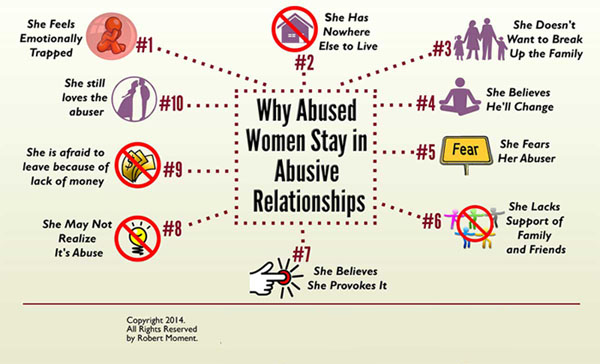 nine0005
nine0005
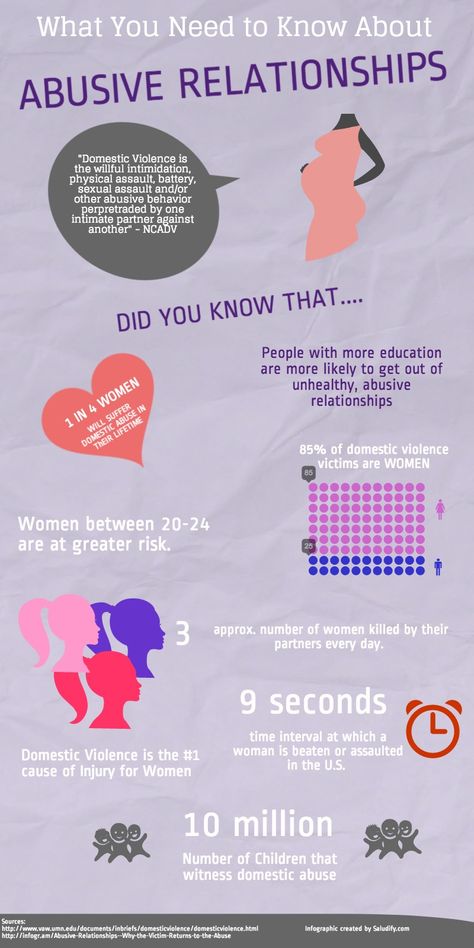 We share shock trauma and cumulative trauma when a woman has been in a traumatic situation for a long time. Cases of domestic violence usually belong to the second group. People who have been in a traumatic situation for a long time develop post-traumatic stress disorder. Its symptoms can include a variety of reactions: sleep disturbances, persistent nightmares, intrusive memories of trauma, tearfulness, mood swings, panic attacks, anxiety, phobias, depressive states, suicidal thoughts. And this is not a complete list. A psychologist is just what is needed so that a woman returns to a normal life, and does not continue to live in a nightmare even after she has broken off relations with a rapist. nine0005
We share shock trauma and cumulative trauma when a woman has been in a traumatic situation for a long time. Cases of domestic violence usually belong to the second group. People who have been in a traumatic situation for a long time develop post-traumatic stress disorder. Its symptoms can include a variety of reactions: sleep disturbances, persistent nightmares, intrusive memories of trauma, tearfulness, mood swings, panic attacks, anxiety, phobias, depressive states, suicidal thoughts. And this is not a complete list. A psychologist is just what is needed so that a woman returns to a normal life, and does not continue to live in a nightmare even after she has broken off relations with a rapist. nine0005 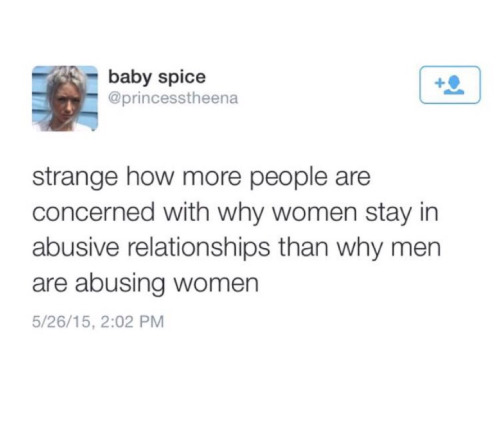 Working with a psychologist is just aimed at ensuring that a woman takes back responsibility for her life and builds it in such a way that she feels good in it.
Working with a psychologist is just aimed at ensuring that a woman takes back responsibility for her life and builds it in such a way that she feels good in it.  If he does not agree to do anything, and everything suits him anyway, then the changes will not come from nowhere. Again, when a woman stays in a relationship despite being abused and beaten, she reinforces the perpetrator's belief that she's not going anywhere and he can keep going. nine0005
If he does not agree to do anything, and everything suits him anyway, then the changes will not come from nowhere. Again, when a woman stays in a relationship despite being abused and beaten, she reinforces the perpetrator's belief that she's not going anywhere and he can keep going. nine0005 

